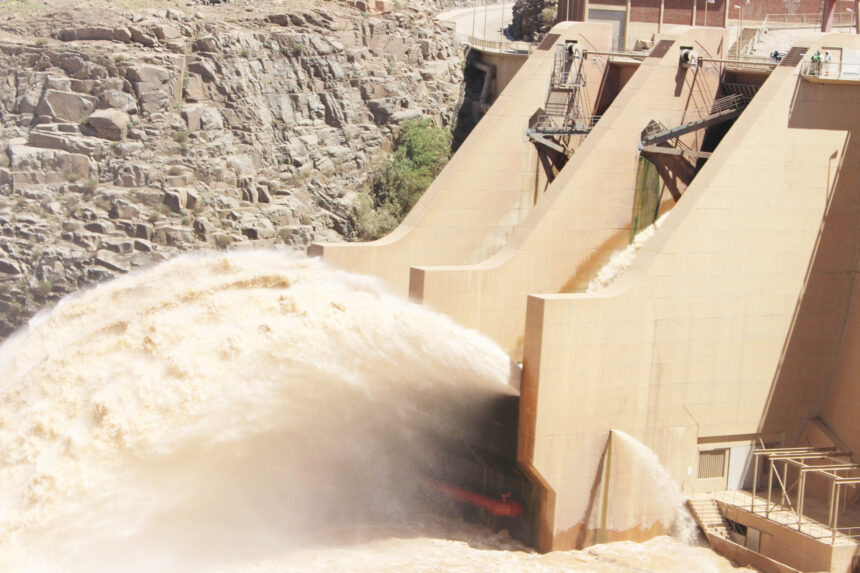If Namibia is to meet its bulkwater supply demands between now and 2037, an additional investment of between N$17 and N$25 billion will be required.
This was shared by water minister Calle Schlettwein at the recent launch of the Africa Water Investment Platform for Continental Africa Water Investment Programme (AIP) in Cairo, Egypt.
For Namibia to address its immediate water needs of the next 10 years, he said the country will need at least N$10 billion, with operational costs to increase at inflationary rates of about 5-6%.
“A secure water supply is not only dependent on good water quality and water availability, but equally on the financial and human capacities to develop, operate and maintain the required infrastructure to bring clean water to all consumers. Development is possible only when water, capital and human resources are sufficiently available. Decision-makers must consider the total value of water, enveloping all and often very complex interlinkages when
deciding on developmental goals and priorities,” Schlettwein shared with his continental
counterparts.
From an estimated 334 million cubic metres in 2008, Namibia’s total water consumption is expected to more than double to 772 million cubic metres by 2030.
At the continental level, Africa is significantly below target to meet its growing social and economic water needs, as it is estimated that at least an additional US$30 billion per year by 2030 needs to be invested to meet the continent’s water and sanitation demands.
Currently, only between US$10 and US$19 billion is invested each year on the continent, a trend that is worrisome to Schlettwein.
“For Africa as a whole, there remains an investment gap of approximately US$30 billion per year to achieve water security, and the realisation of the human right to water and sanitation. Water resources are under increasing pressure due to demographic, economic, social and climatic changes, and the ever-growing global demand for energy, food and water. To effectively address these challenges, we need to come up with new ideas and approaches at regional and international levels,” he added.



